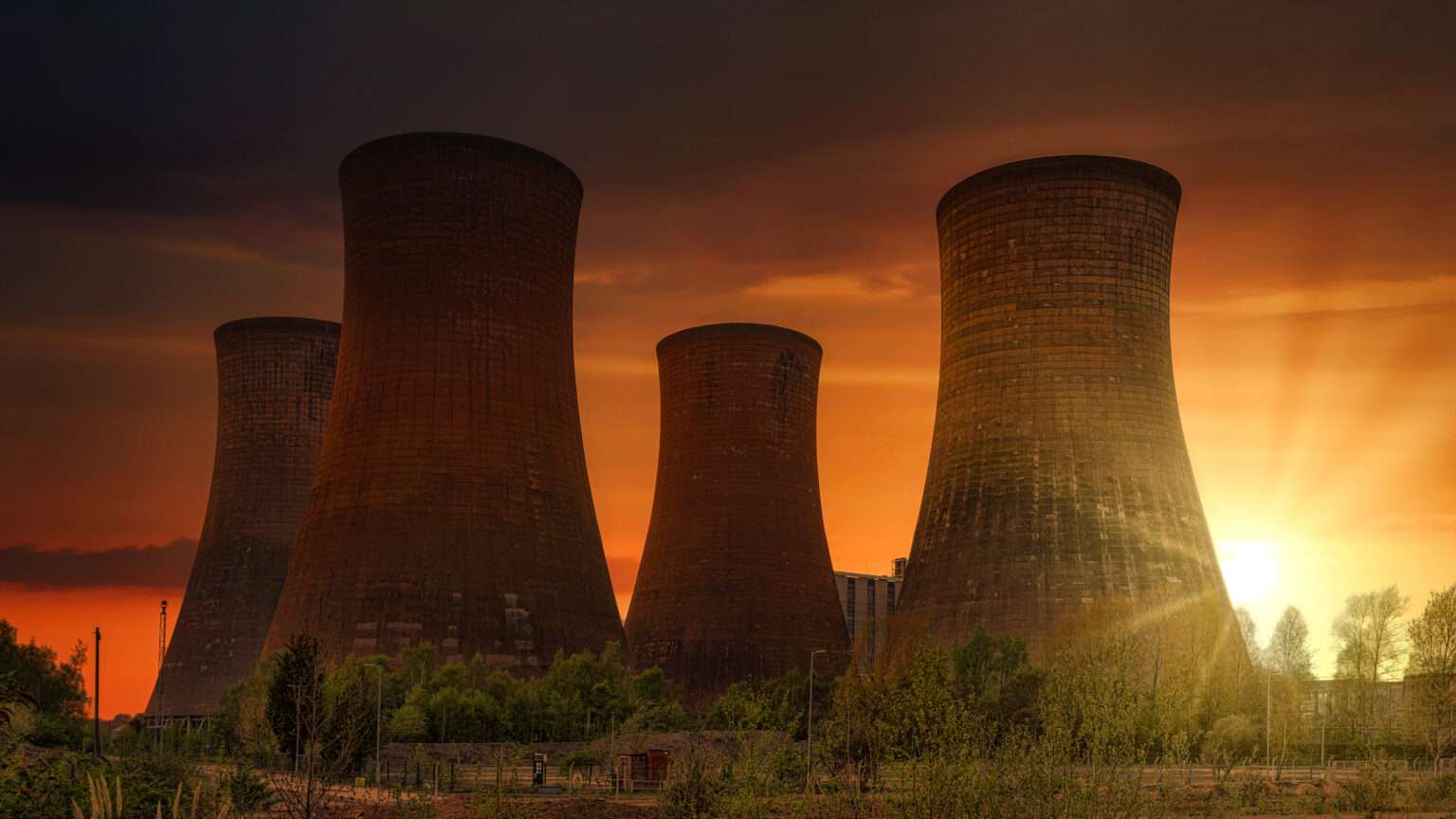Nuclear Energy Africa: 7 Powerful Reasons for Hope & Growth
Participants at the Nuclear Energy Africa summit in Kigali emphasized the urgent need to adopt nuclear energy to meet Africa’s soaring power demands and fuel sustainable development. With the continent’s population projected to exceed 3 billion within four decades, Nuclear Energy Africa represents a transformative solution offering clean, reliable, and scalable energy for millions. This initiative is not only about energy access but also about shaping a resilient and prosperous future for all African nations.
Understanding Nuclear Energy Africa and Its Transformative Impact
It is gaining momentum as a key pillar in the continent’s energy future. The recent summit gathered over 40 countries, energy experts, and policymakers dedicated to accelerating nuclear technology adoption. This initiative aims to supplement renewable sources, overcome energy poverty, and spur industrial growth across Africa. Beyond electricity generation, nuclear energy offers opportunities in medical applications, agricultural development, and scientific research, contributing to broad-based development.
Why Nuclear Energy Africa is Crucial for the Continent’s Energy Future
The demand for energy in Africa is skyrocketing, with millions still lacking electricity access. Nuclear Energy Africa promises a stable power supply, unlike intermittent renewable sources such as solar and wind, which are dependent on weather conditions. It offers a sustainable way to bridge the energy gap while combating climate change through low emissions. Reliable electricity from nuclear power plants will help African economies stabilize and grow, supporting infrastructure development and improving quality of life.
Top 7 Powerful Benefits of Nuclear Energy Africa
1. Reliable and Clean Energy for a Growing Population
With over 600 million Africans lacking electricity, Nuclear Energy Africa ensures consistent power availability. Nuclear energy plants operate continuously, providing baseload power that supports residential, commercial, and industrial activities without interruption. Unlike fossil fuels, nuclear power produces minimal greenhouse gases, making it an environmentally responsible choice that supports Africa’s clean energy ambitions and contributes to global efforts against climate change.
2. Boosting Industrialization and Economic Growth
Industrial sectors require vast amounts of electricity to power manufacturing, mining, and technology development. By adopting Nuclear Energy Africa, countries can stimulate economic diversification and reduce reliance on extractive industries. This shift will create millions of new jobs in construction, operation, and maintenance of nuclear facilities, and generate ancillary opportunities in education, technology, and research, thus fueling economic growth.
3. Enhancing Healthcare and Education Services
Stable electricity enables better healthcare facilities and educational infrastructure, especially in rural areas. Nuclear Energy Africa will power hospitals, clinics, and schools, allowing the use of advanced medical equipment and digital learning technologies. This improved infrastructure will lead to better health outcomes and educational achievements, essential for Africa’s human capital development and long-term prosperity.
4. Empowering Regional Cooperation and Integration
The summit highlighted how African electricity market initiatives complement nuclear energy efforts, fostering regional power pools and cross-border collaborations that strengthen political and economic ties. Nuclear Energy Africa will serve as a catalyst for deeper integration, enabling shared infrastructure investments and coordinated policies that benefit the entire continent.
5. Facilitating Climate Change Mitigation
As a low-carbon energy source, Nuclear Energy Africa aligns with the continent’s climate commitments under international agreements. It supports sustainable development by reducing reliance on polluting fuels and lowering overall carbon footprints. Nuclear power plants provide a reliable alternative to coal and oil-fired plants, helping Africa meet its emission reduction targets while expanding energy access.
6. Promoting Innovation with Small Modular Reactors (SMRs)
The summit focused on Small Modular Reactors, which offer scalable, flexible, and safer nuclear power solutions ideal for Africa’s varied energy needs and infrastructure capabilities. SMRs can be deployed faster and with lower upfront investment compared to traditional large reactors, making them suitable for remote areas and smaller grids. This innovation represents a major step forward for Nuclear Energy Africa in achieving wide-reaching energy access.
7. Creating Long-Term Energy Security
Nuclear Energy Africa supports energy independence by reducing imports of fossil fuels and stabilizing power supply, crucial for resilient economies and political stability. Reliable nuclear energy infrastructure decreases vulnerability to global fuel price fluctuations and supply disruptions. This security enhances investor confidence, attracting further economic development and infrastructure projects.
Challenges and Solutions in Adopting Nuclear Energy Africa
Despite its promise, Nuclear Energy Africa faces hurdles such as political instability, high initial costs, and the need for skilled workforce development. However, support from international bodies like the International Atomic Energy Agency (IAEA) and robust African Union leadership is paving the way to overcome these challenges. Capacity-building programs, regional partnerships, and technological transfer agreements are key to ensuring safe and effective implementation of nuclear power.
Moving Forward: The Path to a Sustainable African Energy Future
NEISA 2025 is a milestone event that sets the roadmap for integrating nuclear power within Africa’s energy mix. Governments are encouraged to develop policies, regulatory frameworks, and investment plans to unlock the full potential of Nuclear Energy Africa. Collaboration between countries, private sector involvement, and public awareness campaigns will be critical for widespread acceptance and success of nuclear initiatives.
Conclusion: Why Nuclear Energy Africa Matters Now More Than Ever
The adoption of Nuclear Energy Africa is not just about meeting energy demands; it’s a catalyst for widespread socio-economic development. From job creation to climate action, nuclear power offers a powerful and hopeful pathway for Africa’s prosperous future. The time to act is now, ensuring that nuclear energy becomes a cornerstone of Africa’s sustainable growth story.
Learn more about Africa’s ongoing energy transformation in our article on the renewable energy revolution in Africa.
For more insights on nuclear energy development, visit the International Atomic Energy Agency official website.

Table of Contents
Source : By allafrica













